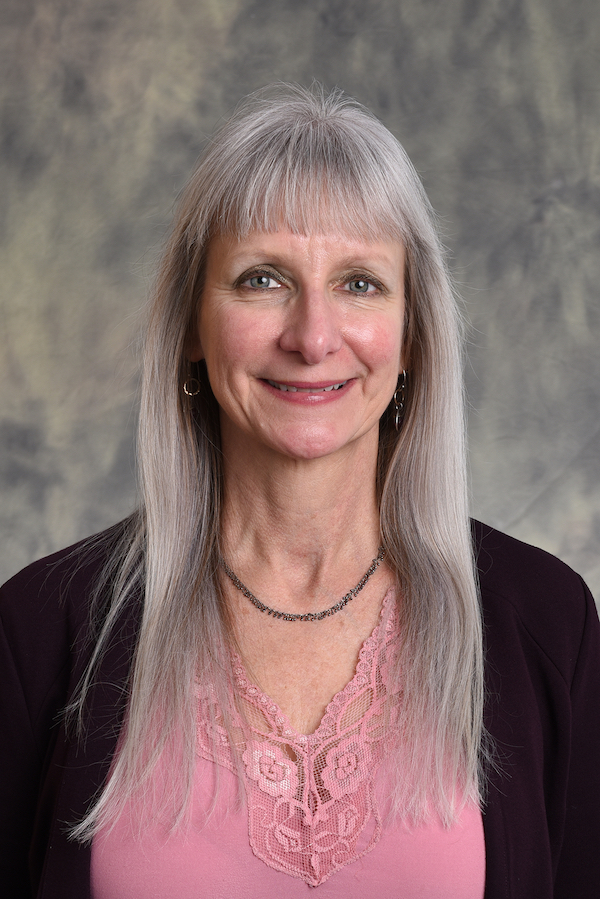Your cart is currently empty!

What Is the Neural Correlate of Consciousness?
- This event has passed.
June 20, 2021 @ 6:00 pm – 8:00 pm CEST

Watch the recording
with Valerie Gray Hardcastle
Sunday June 20
9:00 PDT | 12:00 EDT | 17:00 BST | 18:00 CEST
2-hour session
If you are unable to attend the live session, the recording will be available.
At first glance, it seems that explaining what the “neural correlate of consciousness” (NCC) is should be straightforward: it is whatever that happens in our brains when we have a conscious experience that is lacking when we are not having a conscious experience. But this simple answer is misleading. It turns out that there might not be an NCC – even if we believe that consciousness is part of the material world and can be explained scientifically.
This presentation will discuss some of the complexities in understanding what exactly a conscious experience is, as different groups (philosophers and physicians, for example) describe it very differently. We will then look at the multitude of suggestions for the NCC and try to draw some conclusions about what the NCC could be based on these ideas. We will also explore the reasons some scholars believe that trying to identify the NCC is a fool’s errand and whether these reasons make sense from a scientific point of view. Finally, we will examine the “embodied cognition” movement can shed some light on these issues.
Seeking the NCC presents a very simple vision for how to investigate and understand consciousness: isolate the thing inside the brain that is correlated with experience and you will have identified what consciousness is. I shall suggest that whatever story ends up being told about consciousness is going to be much more complicated. We shall engage in a group discussion of whether seeking the neural correlates for consciousness is a productive approach for understanding our phenomenal experiences and what the outcomes of this search might bring.

Valerie Gray Hardcastle recently joined Northern Kentucky University as the St. Elizabeth Healthcare Executive Director of the Institute for Health Innovation and the Vice President for Health Innovation. An internationally recognized scholar, Hardcastle is also the Editor-in-Chief for the Journal of Consciousness Studies and the author of five books and over 200 essays. She studies the nature and structure of interdisciplinary theories in cognitive science and has focused primarily on developing a philosophical framework for understanding conscious phenomena responsive to neuroscientific and psychological data. Most recently, she is investigating how the nature of addiction can shed light on what it means to be human. Hardcastle received an interdisciplinary Ph.D. in cognitive science and philosophy from the University of California, San Diego; a master’s degree in philosophy from the University of Houston; and a bachelor’s degree with a double major in philosophy and political science from the University of California, Berkeley.
